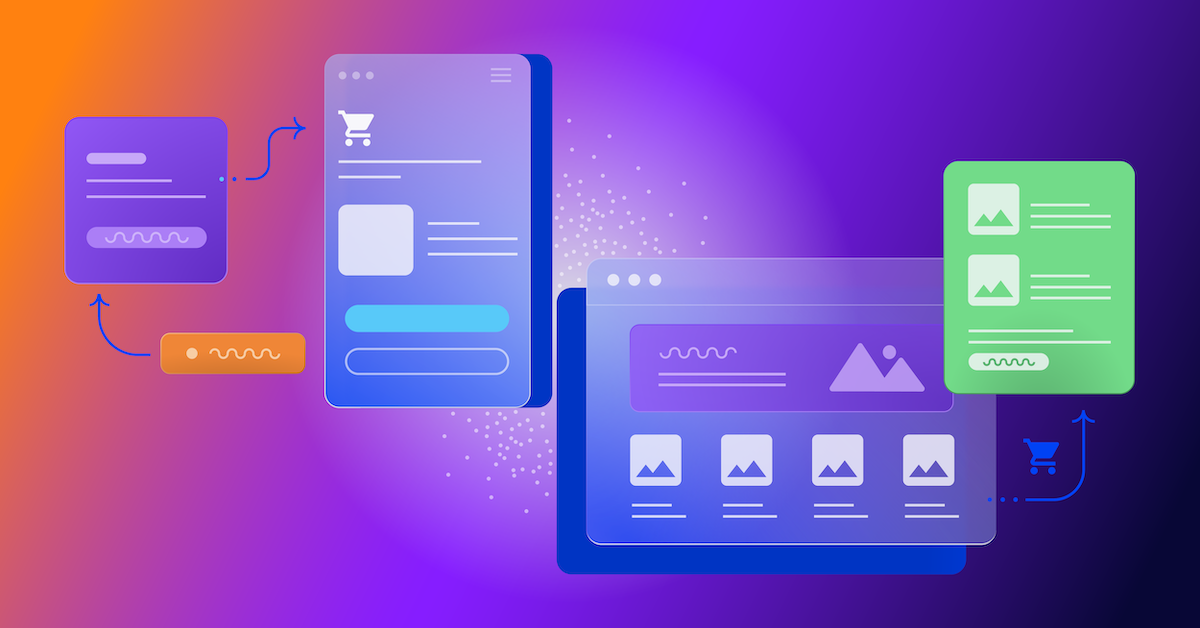5 takeaways from dare to experiment
On November 19, 2020 we hosted dare to experiment, a virtual event for our customers, partners and other leading businesses in EMEA.

Jessica Dannemann

During the event, I was privileged to host a panel focused on how leading companies are creating a winning innovation culture. I welcomed panelists from Reckitt Bencklser, WWF NL, Avanade, Microsoft and Optimizely to share their perspectives around experimentation and innovation.
More than 600 people registered for the event and half of them attended live. It was incredible to feel the energy and urgency around experimentation. Although I miss connecting with partners and customers in-person, coming together virtually was the next best thing.
Companies like Microsoft, Amazon, Booking.com and others run close to 10,000 experiments annually. However, as Episerver and Optimizely join forces, experimentation is now accessible to everyone. It is an exciting time to be part of a company that is delivering a solution that enables companies of any size to both create best-in-class digital experiences and optimize each interaction to deliver outsized outcomes.
I learned quite a bit from the experience and thought I’d share my top five lessons learned from facilitating the panel and attending the event.
1. Experimentation has measurable business impact
In his opening remarks, Alex Atzberger, CEO of Optimizely shared a remarkable statistic: Companies who embrace experimentation see, on average, a 9 percent increase in revenue. Experimentation helps companies become more customer-centric, test data at scale, convert more visitors into engaged customers and ultimately convert engaged customers into raving fans. Experimentation breeds business impact.
2. The time for experimentation is now
This year has brought an unparalleled level of uncertainty with it. At the same time, uncertainty has always existed, independently of the global pandemic. There is always uncertainty around what your customers want, how they behave and how you can engage with them better. Experimentation helps you do all of those things. When levels of uncertainty are high, experimentation helps. It’s a digital-centric world, the time for experimentation is now.
3. Experimentation needs to be part of your customer experience program
A customer-centric experience is incomplete without experimentation. Customer experiences should not be built around mere gut instincts or guesswork. Experimentation is about asking the tough questions and putting your customers’ actions at the core of your business.
During the panel, Amy Vetter, Consumer Experience Manager at Reckitt Bencklser said, “The best thing you can do is merge CX data and experimentation. You need to know your audience and cater your experiences to them.”
4. Embracing experimentation means building an innovative culture and enhancing operations
The companies who are doing experimentation right, are not just throwing technology at a problem. They are engaging their entire company and rallying around an experimentation mindset. They are not afraid of failing, they are curious and they are always learning.
Ben Morgan, European Digital Marketing Practise Lead at Avanade, helps clients create innovation engines within their businesses. Ben frequently asks businesses, “If you could harness the creative energy in your workforce and align that across a common purpose by creating a culture to ideate, test, learn and scale the right opportunities to deliver customer value, where do you think your business could go?”
To build an innovation culture means identifying your North Star and getting all hands rowing in the same direction, toward that star.
5. Leaders must welcome failure and champion the initiative
To succeed with experimentation, you cannot be afraid of failing. Often, that mentality has to come from the top-down. In order to commit to experimenting in your business, you’ll need your leaders to buy in and champion the initiative.
Hazjier Pourkhalkhali, Chief of Staff at Optimizely, summarized this well when he said, “Many companies are faced with the challenge of building political goodwill and alliances so they are able to scale their program, gain the right visibility and secure an experimentation platform that drives impact for their business. Having an experimentation champion often separates the leaders in experimentation, from the companies who plateau.”
Experimentation requires a sense of curiosity, playfulness and the courage to fail fast. The best champions of experimentation are disruptors who help you build a culture of innovation.
